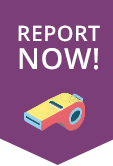Of the 200 allegations the OIG receives on average every year, 6% correspond to product issues.
While small compared to the 51% of allegations that concern fraud, the consequences of product theft, diversion and illicit re-sale can have significant impact.































